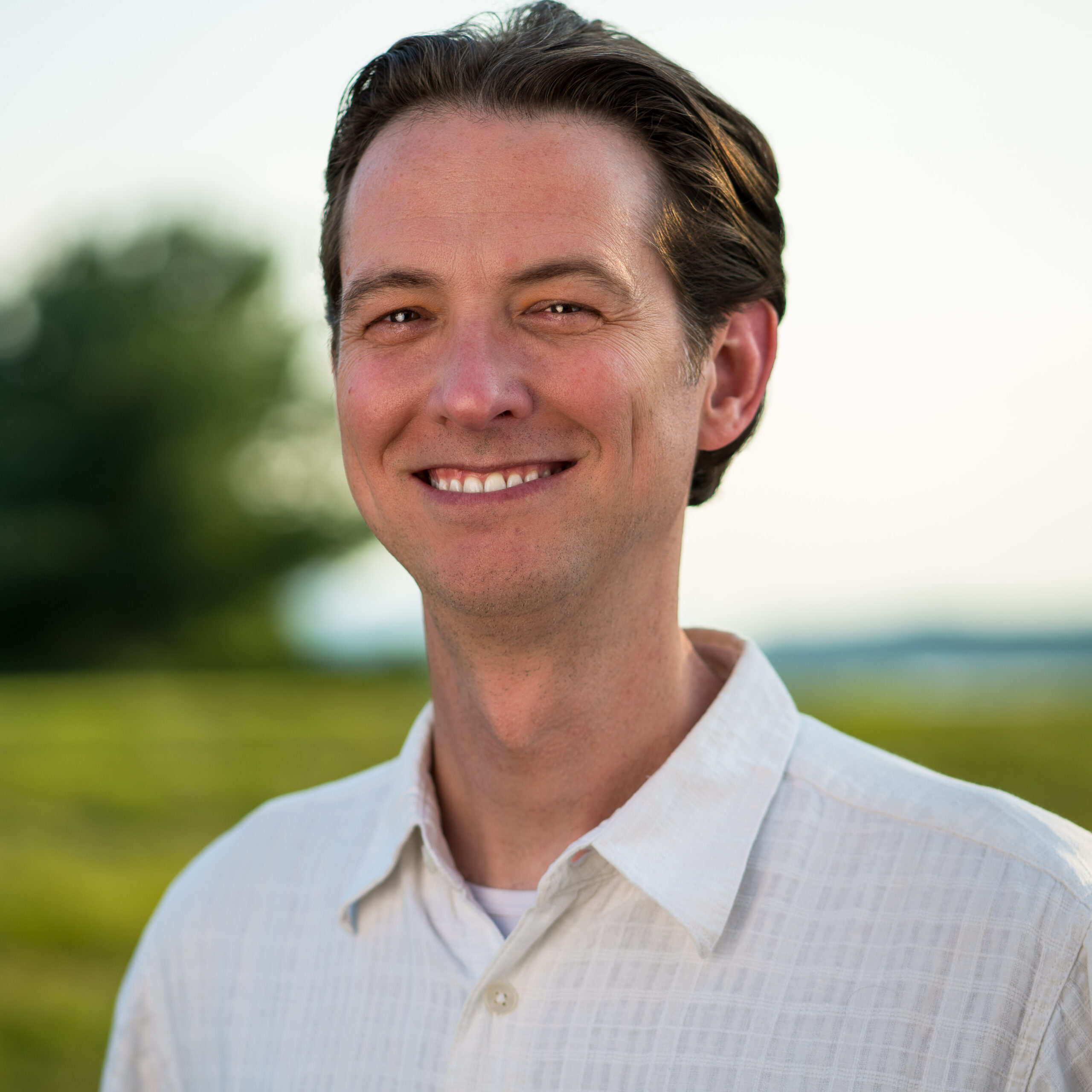
ABOUT
BIO
Since the 1990s Dan Merson (He, Him, His) has navigated his professional life through the role of an educator, as seen through the lens of social justice. As an Executive Vice President for Rankin Climate, Dan contributes to overall leadership and strategic planning, including establishing and carrying out Rankin Climate’s mission, procedures, goals and policies, as well as coordinating all campus assessment processes, strategies, and reporting.
Dan received his Ph.D. in Higher Education from Penn State, following degrees from The University of Michigan and Kansas State University. He has professional experience in residence life, admissions, academic advising, and academic administration, and as a fixed-term faculty member in College Student Personnel and Higher Education. His general research interests include organizational environments, student learning and development, technology in higher education, student-athletes, LGBTQ+ students and employees, and STEM education.
Dan has over a decade of experience providing academic and research consulting and coaching to both organizations and individual faculty and graduate students through his own consulting firm. On most weekends he helps people to rediscover, reconnect with, and recommit to our natural world as a rock climbing instructor and guide for Adventure Out, California’s premiere outdoor school and guide service. Dan lives half of the year on California’s Central Coast and half of the year among the Appalachian Mountains in Central Pennsylvania.
Publications & Conference Proceedings:
Fernandez, F., Merson, D., Ro, H. K., & Rankin, S. R. (2019). Do classroom interactions relate to considerations of institutional departure among student veterans and service members? Innovative Higher Education, 44(3), 233-245.
Oseguera, L., Merson, D., Harrison, K., & Rankin, S. (2018). Beyond the Black/White binary: A multi-institutional study of campus climate and the academic success of college athletes of different racial backgrounds. Sociology of Sport Journal, 35(2), 119-131. doi: 10.1123/ssj.2016-0175
Zappe, S. E., Hochstedt, K. S., Merson, D., Schrott, L., & Litzinger, T. A. (2016). Development and implementation of quantitative methods to study instructional practices in engineering programs. International Journal of Engineering Education, 32(5), 1942-1959.
Rankin, S., Merson, D., Garvey, J. C., Sorgen, C., Menon, I., Loya, K., & Osequera, L. (2016). he influence of climate on the academic and athletic success of student-athletes: Results from a multi-institutional national study. Journal of Higher Education, 87(5), 701-730. doi: 10.1353/jhe.2016.0027
Ro, H. K., Merson, D., Lattuca, L. R., & Terenzini, P. T. (2015). Validity of the Contextual Competence Scale for Engineering Students. Journal of Engineering Education, 104(1), 35-54.
Ortagus, J., & Merson, D. (2015). Leveling the Playing Field: Faculty Influence on the Academic Success of Low-Income, First-Generation Student-Athletes. Journal for the Study of Sports and Athletes in Education. 9(1), 26-49.
Zappe, S., Merson, D., Hochstedt, K., Schrott, L., & Litzinger, T. (2014, October). A Self-Assessment of the Use of Evidence-Based Instructional Practices in Engineering. Work-in-progress paper published in proceedings of the 2014 Frontiers in Education (FIE) Conference, Madrid, Spain.
Ro, H. K., Lattuca, L., Merson, D., & Terenzini, P. T. (2012, June). Measuring Engineering Students’ Contextual Competence. Proceedings of the 2012 American Society for Engineering Education (ASEE) Annual Conference and Exposition, San Antonio, TX.
Palmer, B., Terenzini, P., McKenna, A., Harper, B., & Merson, D. (2011, June). Design in Context: Where do the Engineers of 2020 Learn This Skill? ASEE proceedings, Vancouver, BC.
Junco, R., Merson, D., & Salter, D. W. (2010). The Effect of Gender, Ethnicity, and Income on College Students’ Use of Communication Technologies. Cyberpsychology, Behavior, and Social Networking, 13(6), 619-627.
